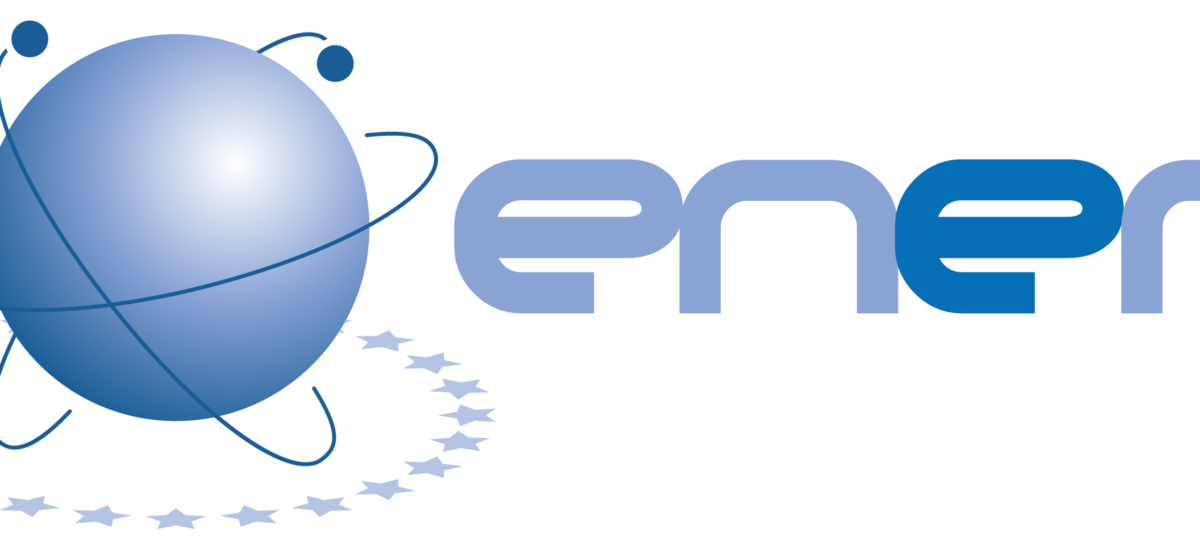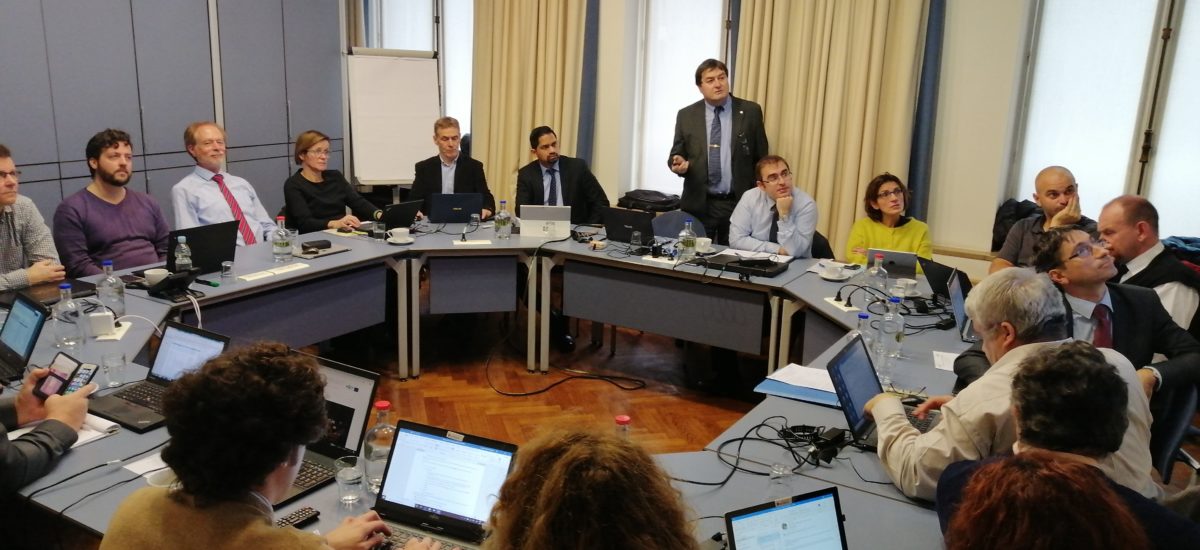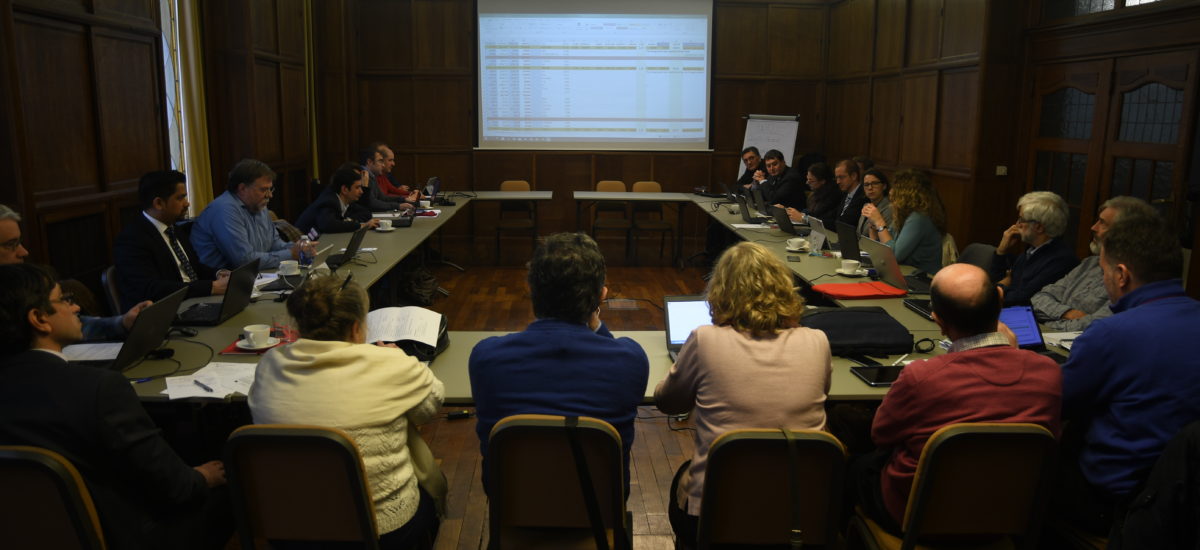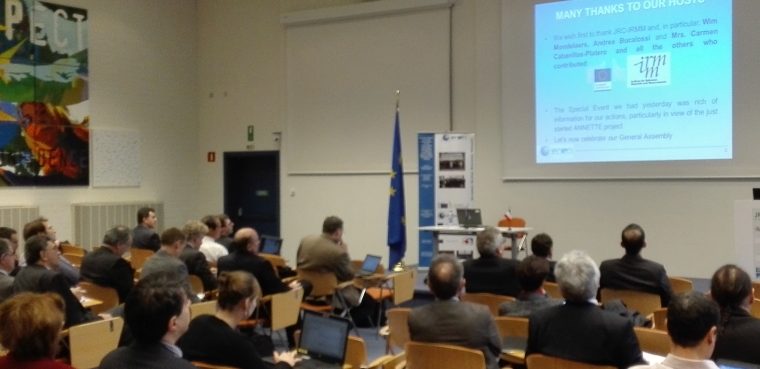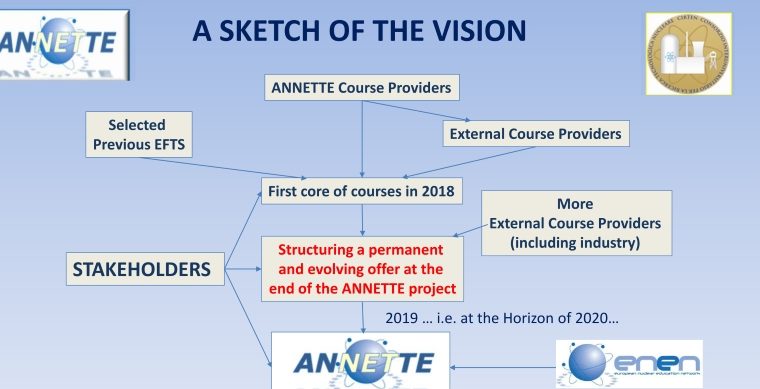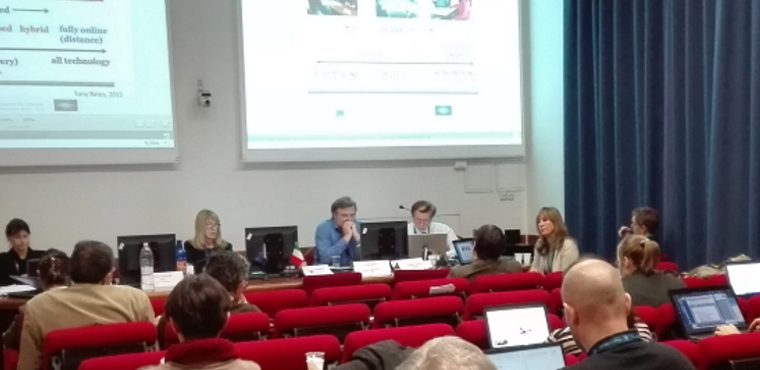In the fast-paced world of contemporary education, students often find themselves overwhelmed with a multitude of academic challenges. Amidst these challenges, the emergence of essay writing services, particularly the invaluable role played by research paper writers, has brought a breath of fresh air to the academic journey. This article explores the profound impact of these services and the vital role research paper writers play in shaping educational success.
Navigating the Academic Odyssey with Confidence
A Ray of Hope for Students
Essay writing services have emerged as a lifeline for students seeking to excel in their studies while juggling numerous responsibilities. These services, supported by the expertise of research paper writers, offer more than just a quick solution; they provide a clear and well-defined path to academic achievement.
The Research Paper Writer: A Master of Knowledge and Craft
Crafting Excellence in Every Word
Research paper writers are the architects of academic success. They are not just skilled writers but individuals equipped with a wealth of expertise encompassing research, writing, and an unwavering commitment to quality. Here’s what makes them indispensable:
Expertise That Transcends Words
These writers are subject matter experts who delve deep into a multitude of fields. Whether the task at hand involves science, history, or literature, their knowledge acts as a guiding light, ensuring that the content is not only well-written but also substantively rich.
The Academic Maestro
With advanced degrees in their arsenal, research paper writers are exceptionally well-prepared to tackle complex research assignments. Their academic background adds depth and credibility to their work, elevating it to a scholarly level.
The Promise of Punctuality
Meeting deadlines is often a daunting challenge in academia. Research paper writers excel in the art of punctuality, ensuring that students never miss their submission dates and relieving them from the stress of time management.
The Benefits of Essay Writing Services
A Journey of Educational Enrichment
Engaging a research paper writer offers a multitude of advantages that extend well beyond mere convenience:
Mastering Time
Essay writing services empower students to manage their time efficiently. By entrusting the intricate task of research paper writing to professionals, students gain the freedom to allocate their time judiciously, achieving a harmonious balance between their academic pursuits and personal life.
Quality Beyond Measure
Experienced research paper writers are unwavering in their commitment to delivering top-notch quality. They invest time in exhaustive research, adhere to stringent citation styles, and present content in a well-structured and articulate manner, ensuring that each paper is a testament to their competence.
The Triumph of Punctuality
Meeting stringent deadlines is a common struggle for students. Research paper writers are well-versed in the art of prompt delivery, guaranteeing that students can submit their work on time without the stress of racing against the clock.
The Ethical Nexus
Integrity and Assistance in Harmony
While the world of essay writing services offers a treasure trove of benefits, ethical questions may arise. It is vital for students to understand that seeking assistance is not unethical, as long as they responsibly utilize the materials provided. These services are designed to guide, educate, and assist, not to replace a student’s efforts.
The Path to Academic Triumph
A Brighter Educational Future
Essay writing services, fortified by proficient research paper writers, have emerged as mentors and companions on the journey towards academic success. By selecting a reputable writer, students can harness the power of time management, academic excellence, and meeting deadlines while steadfastly upholding their commitment to academic integrity. These services are not just a convenience; they represent the way forward in an increasingly demanding academic environment.

